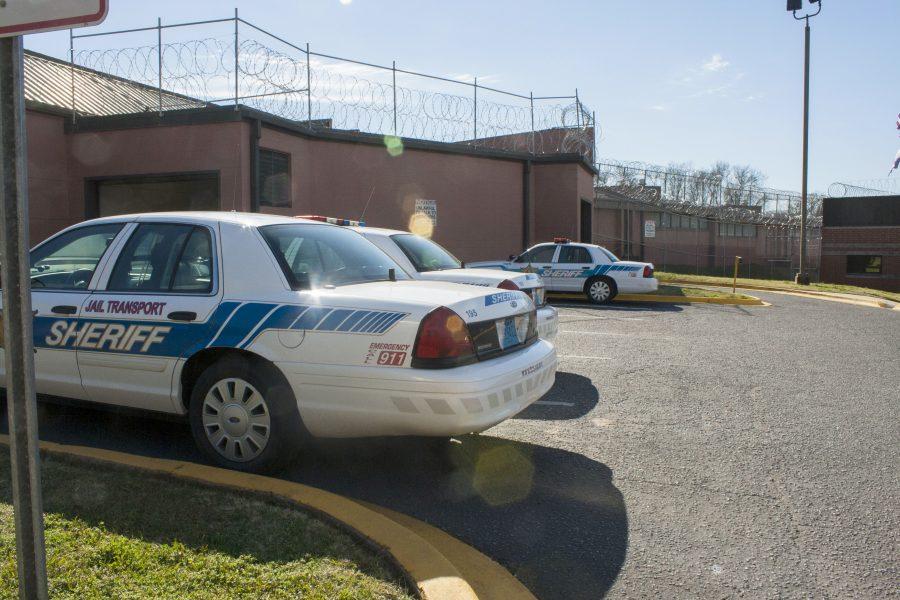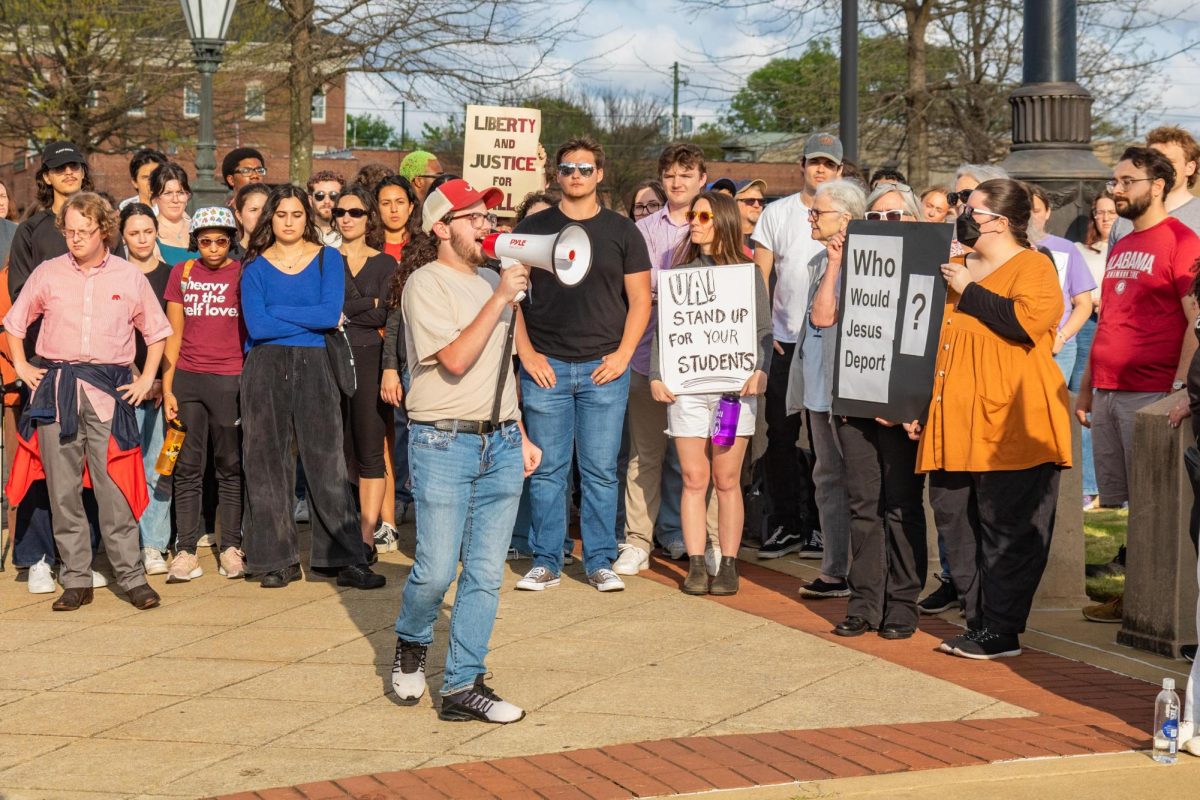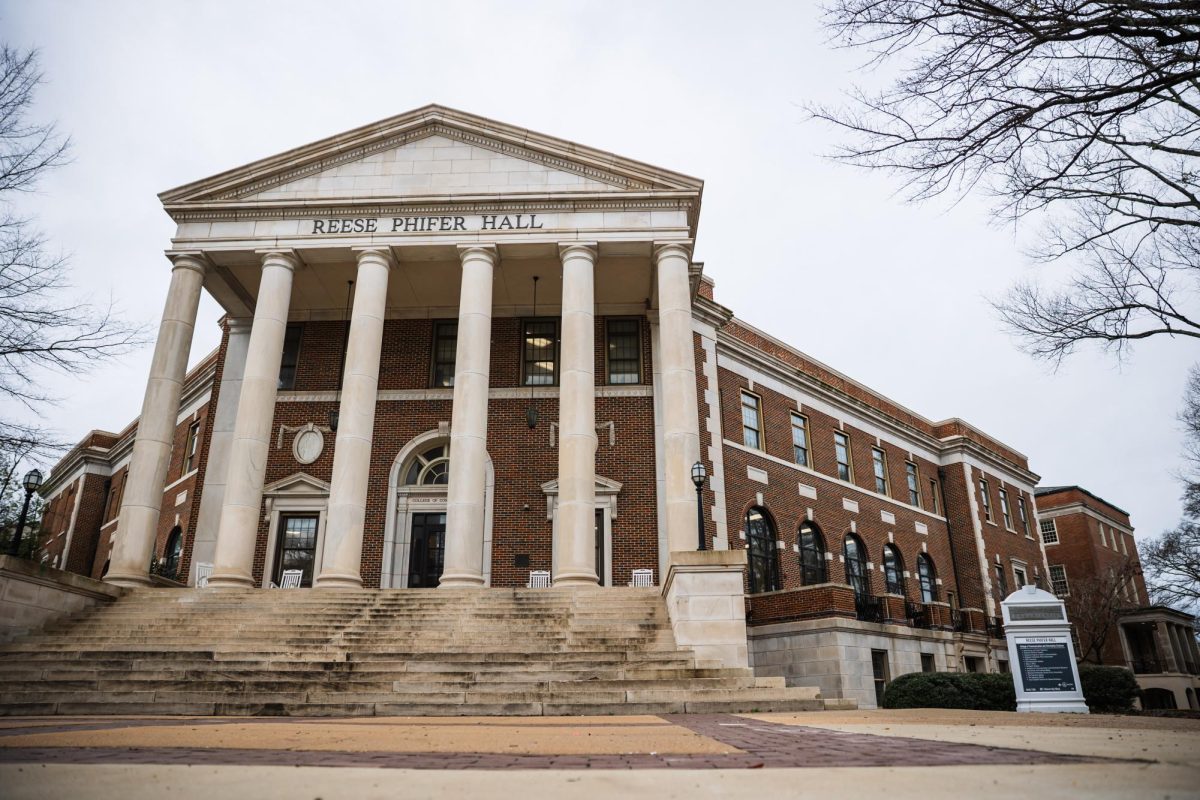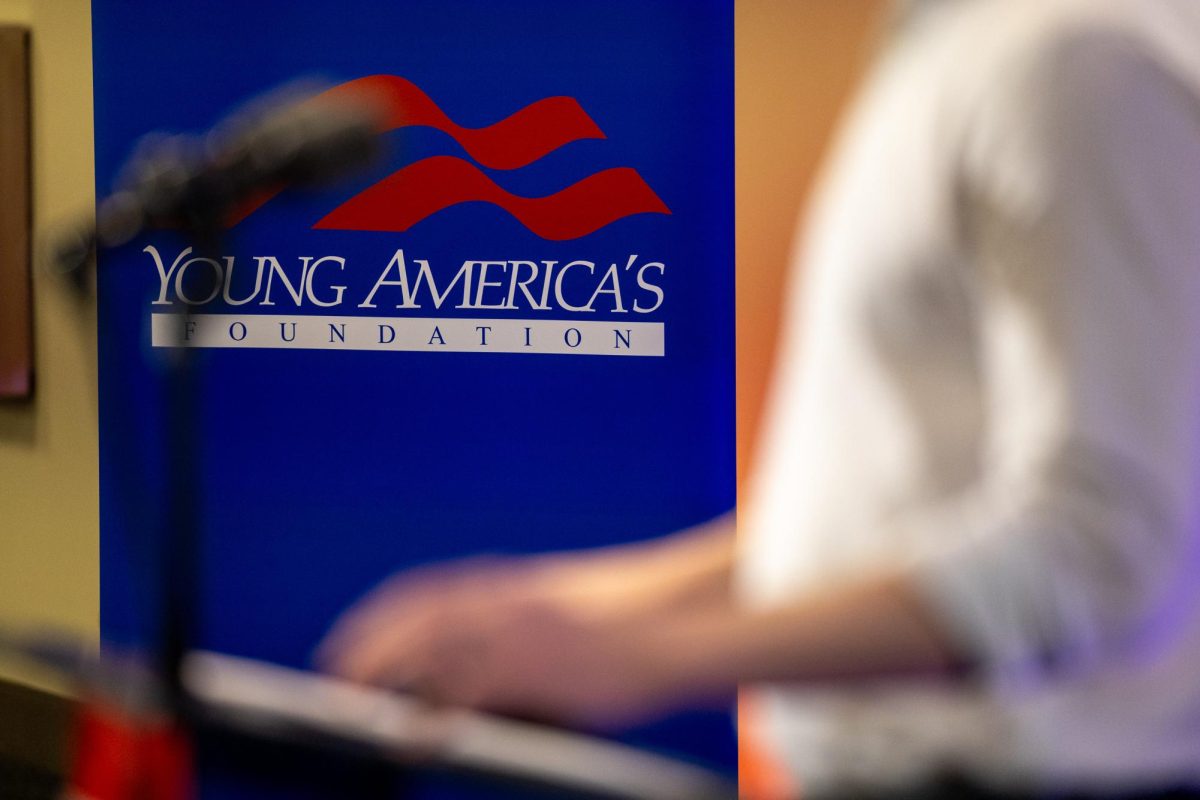Now, there are approximately three times more people with serious mental illnesses incarcerated in the United States than in hospitals, and the types of behavioral and mental health problems among inmates are becoming more severe, according to a 2014 report by PBS titled “By the Numbers: Mental illness behind bars.”
These psychological disorders include severe drug addiction, depression, bipolar disorder, schizophrenia and various types of post-traumatic stress disorders (PTSD). With these types of mental illnesses, confinement to jail cells can significantly increase symptoms in inmates.
“The last place somebody with a mental illness needs to be is inside a jail cell in a confined setting,” said Tuscaloosa County Sheriff Ron Abernathy.
People with some form of mental illness ending up behind bars is an all too common occurrence, especially among women. According to the PBS report, 73 percent of women and 55 percent of men in state prisons, 61 percent of women and 44 percent of men in federal prisons and 75 percent of women and 63 percent of men in local jails have at least one mental health problem. This began in 1955, when “deinstitutionalization” began. The term refers to the policy of moving the mentally ill out of large state institutions and then closing all or part of those institutions. This was an attempt to allow patients to return to their families and live independently, but the plan backfired, leaving the United States in a mental health crisis.
Starting in the year 2000, counties across the nation, including Tuscaloosa County, have taken it upon themselves to try and deal with the influx of mentally ill inmates into their jails by establishing “mental health courts.”
Now numbering in the hundreds, according to a 2015 report by The Atlantic titled “Most Prisoners are Mentally Ill,” these courts are seeking to “thin the ranks” of inmates by screening those with minor charges to see if they’re eligible.
Tuscaloosa County’s mental health court, started as an experiment in 2012, seems to be working.
So far, 52 inmates who committed minor offenses have graduated through the program since its inception in 2012, according to Abernathy.
The mental health court was established by presiding Tuscaloosa County Circuit Judge Brad Almond, Abernathy and Indian Rivers Mental Health Facility.
Abernathy said when someone who is mentally ill is arrested, it’s usually because they haven’t been taking their medication properly.
“Typically, your problem you get into with someone with a mental illness is the lack of taking their medication,” he said. “That’s the biggest dilemma you face. When they get off their medication, they start to act out.”
Abernathy said that when a mentally ill person comes into the jail, they’re given a couple of weeks to get stabilized and receive the proper medication, and then they’re evaluated by Indian Rivers professionals.
If they haven’t committed a serious crime and qualify, they’re then sent over to the mental health court where their case will be handled by Indian Rivers case workers, where they will be monitored to make sure they’re taking their prescribed medicine and staying out of trouble.
“It all comes back to the key element, and that is to make sure that that person, whether in the facility or outside the facility, is being medicated properly,” Abernathy said. “If they get their medication, typically you’ll have a productive person with no problem whatsoever.”
In addition to the establishment of the mental health court, the Tuscaloosa County Jail employs a 24/7 full-time medical staff and a UA psychiatrist.
Dr. Marisa Giggie, assistant professor of public psychiatry and behavioral medicine in the College of Community Health Sciences, has worked with inmates in the jail since 2012.
Giggie said in a typical week she sees around 20 inmates, and she has seen hundreds so far.
She said the most common diagnosis among the inmates that she works with is severe drug abuse, ranging from marijuana and opiates to methamphetamine, as well as inmates with chronic mental illnesses such as schizophrenia, bipolar disorder and depression.
She said among the mentally ill female inmate population she has seen, around 90 percent of them have been physically, emotionally or sexually abused.
“If people would stop abusing drugs and people would stop being abused, our jails would empty out,” Giggie said. “A lot of them are just really good people who made mistakes.”









